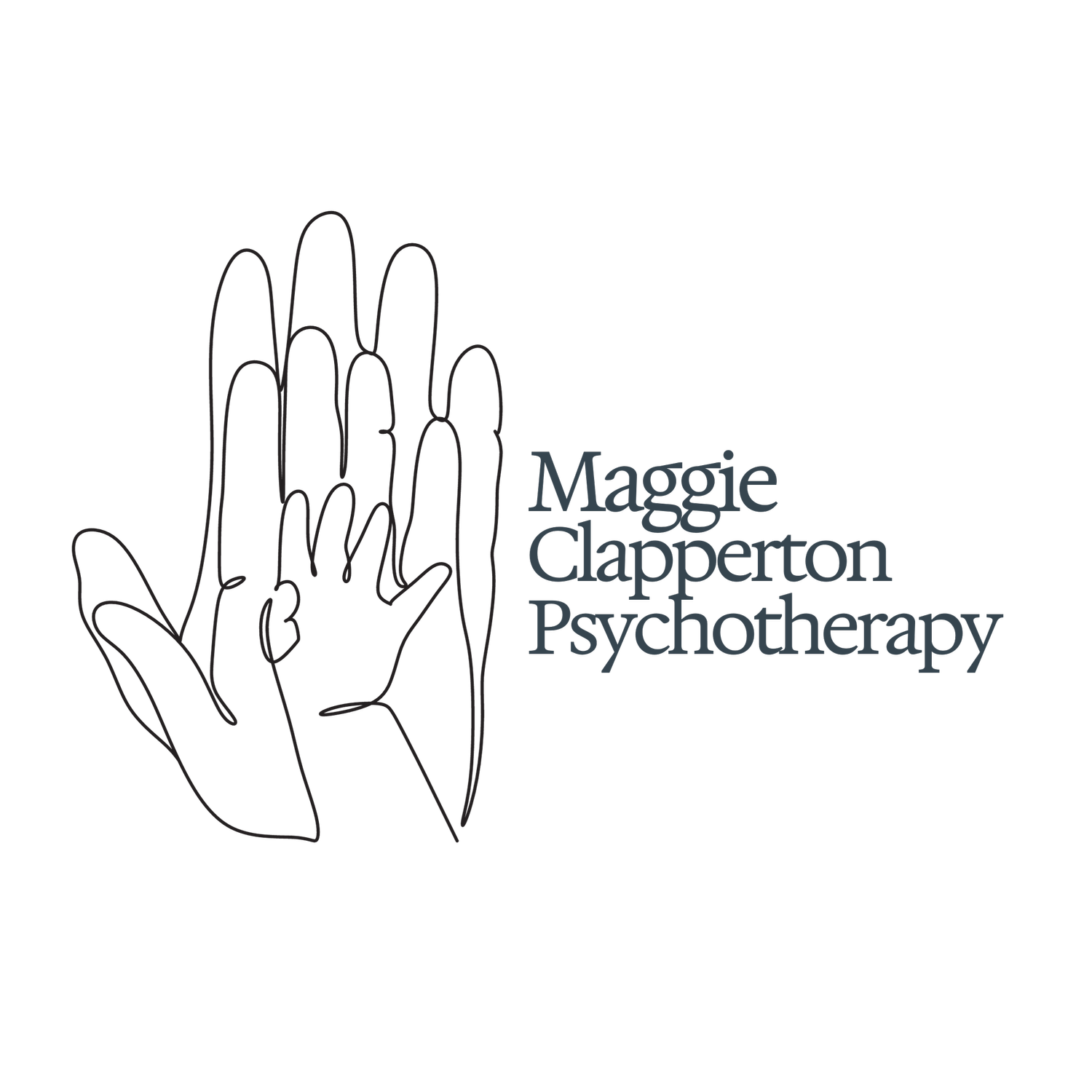Understanding Core Attachment Needs and Psychotherapy: A Path to Healing
Attachment theory, proposed by psychologist John Bowlby, suggests that humans have an innate need to form strong emotional bonds with others, particularly in early childhood. These bonds, formed with primary caregivers, shape our beliefs about ourselves, others, and the world around us. When these attachment needs are not adequately met, it can lead to emotional distress and relational difficulties throughout life. However, psychotherapy offers a valuable path to addressing and healing these attachment wounds.
Understanding Core Attachment Needs:
Secure Base: A secure base refers to a feeling of safety and security provided by a caregiver. This need forms the foundation for exploration and growth. Individuals who lack a secure base may struggle with trust, intimacy, and self-confidence.
Safe Haven: A safe haven represents the availability of a caregiver to provide comfort and support in times of distress or threat. It fosters resilience and emotional regulation. Without a safe haven, individuals may experience heightened anxiety and difficulty coping with stressors.
Emotional Regulation: Caregivers play a crucial role in helping children regulate their emotions by providing soothing and validation. When this need is unmet, individuals may struggle with managing emotions, leading to mood swings, impulsivity, or emotional detachment.
Attunement and Validation: Attunement involves caregivers being emotionally present and responsive to the needs of the child. Validation validates the child's emotional experiences, promoting a sense of being seen and understood. Without attunement and validation, individuals may feel misunderstood and struggle with forming healthy relationships.
Meeting Core Attachment Needs Through Psychotherapy:
Creating a Secure Therapeutic Relationship: In psychotherapy, the therapist aims to provide a secure base and safe haven for the client. Through empathetic listening, nonjudgmental acceptance, and consistent support, the therapist helps the client develop a sense of trust and safety.
Emotional Regulation Techniques: Psychotherapy offers various techniques to help individuals regulate their emotions, such as mindfulness, relaxation exercises, and cognitive-behavioural strategies. By learning to identify and express emotions in a healthy manner, clients can enhance their emotional regulation skills.
Repairing Attachment Wounds: Through exploration of past experiences and relationships, psychotherapy allows clients to process unresolved attachment wounds. By revisiting and reinterpreting these experiences within the therapeutic relationship, clients can develop new insights and perspectives, leading to healing and growth.
Developing Secure Attachment Patterns: As clients experience a secure therapeutic relationship, they can internalize the qualities of security, trust, and validation. Over time, this can lead to the development of more secure attachment patterns, enhancing their ability to form healthy relationships outside of therapy.
Conclusion:
Understanding core attachment needs is essential for addressing emotional struggles and relational difficulties. Psychotherapy provides a supportive environment for individuals to explore, heal, and develop secure attachment patterns. By fostering a secure therapeutic relationship, regulating emotions, and repairing attachment wounds, psychotherapy offers a pathway to healing and relational fulfillment. If you find yourself grappling with attachment-related challenges, reaching out to a qualified therapist can be the first step toward building a more secure and fulfilling life.



